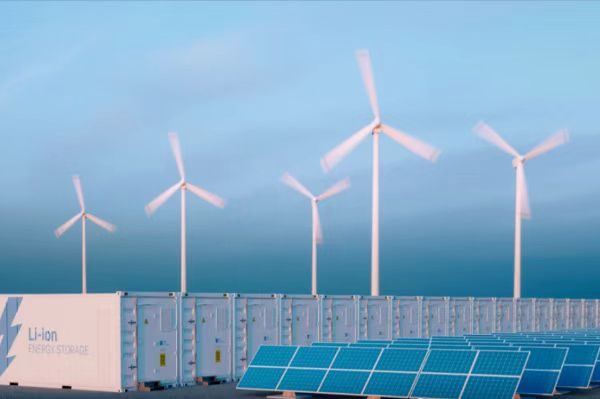Why Certifications Matter in Global Trade
In the competitive global energy storage market, certifications are more than regulatory checkboxes—they are a powerful trust-building tool. International buyers, whether in Europe, North America, the Middle East, or Asia, use certifications as a shortcut to evaluate safety, quality, and compliance. For exporters, showcasing the right certifications can directly influence purchase decisions and open doors to new markets.
This article explains how certifications build trust, the types of certifications buyers look for, and how exporters can leverage them to strengthen credibility and close deals faster.
1. Certifications as Proof of Safety and Quality
- Risk Mitigation: Buyers want assurance that systems won’t fail or cause hazards such as fire, overheating, or electrical faults.
- Third-Party Validation: Certifications from independent bodies demonstrate that claims are tested and verified.
- Standardization Across Borders: Certifications create a common language, reducing uncertainty for international buyers.
Exporter Tip: Prominently display certifications like CE, UL, TÜV, IEC compliance, or PSE on brochures and technical datasheets.
2. Certifications as a Market Access Requirement
- Europe (CE Marking): Mandatory for entering the EU market.
- United States (UL Listing): Buyers almost never consider non-UL-certified products.
- Japan (PSE Mark): Legal requirement for lithium-ion batteries and energy systems.
- Middle East (SASO, ESMA, G-Mark): Required for customs clearance in GCC states.
Exporter Tip: Treat certifications as part of your export strategy, not an afterthought.
3. Certifications as a Competitive Differentiator
- Signal of Professionalism: Exporters who invest in certification show long-term commitment.
- Buyer Confidence: Certified systems are easier to insure, finance, and integrate into large projects.
- Faster Procurement Decisions: Buyers feel more secure making large purchases when certifications are clear and valid.
Exporter Tip: Highlight certifications in tender submissions and RFP responses to stand out against uncertified competitors.
4. Certifications and After-Sales Trust
- Warranty Enforcement: Buyers associate certified products with stronger warranty reliability.
- Reduced Service Risks: Certifications lower the likelihood of early failures, reducing after-sales disputes.
- Partnership Continuity: Demonstrating compliance helps build long-term trust with recurring buyers.
Exporter Tip: Pair certifications with clear warranty terms to reassure buyers about post-sale support.
5. How Exporters Can Leverage Certifications
- Marketing Materials: Use certification logos in catalogs, websites, and trade show displays.
- Buyer Communication: Train sales teams to explain what each certification means in terms of safety and compliance.
- Strategic Planning: Obtain certifications not only for mandatory compliance but also for strategic buyer reassurance.
Turning Certification into a Sales Advantage
Certifications are more than technical requirements—they are trust signals that drive trade. For international buyers, they answer the most important questions: Is it safe? Is it reliable? Is it compliant? By treating certifications as a core part of both compliance and marketing, exporters can strengthen credibility, reduce buyer hesitation, and accelerate international business growth.








